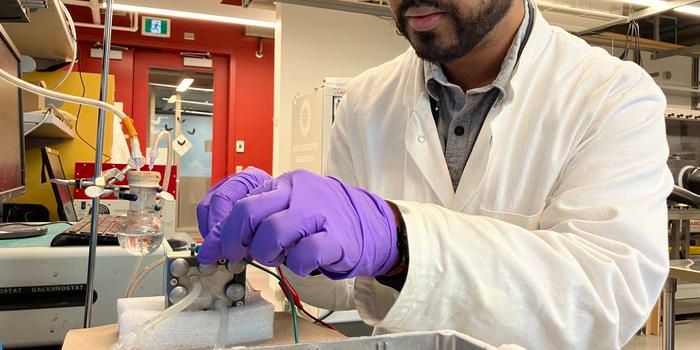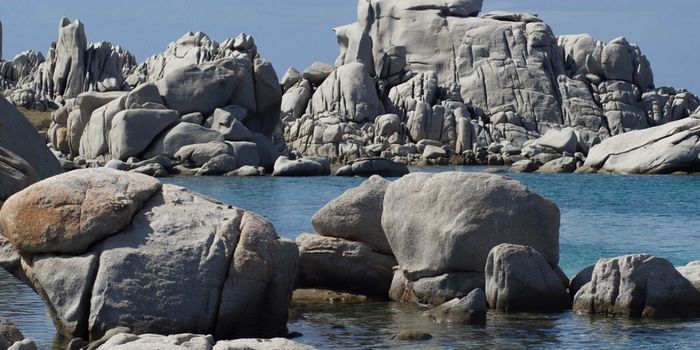Saturday in Kigali. Has a nice ring to it, doesn’t it? Almost like Sundays at Tiffany’s. Well, the deal that negotiators from more than 170 countries reached to cut the worldwide use of a powerful planet-warming chemical used in air-conditioners and refrigerators also has a pretty nice ring to it.
The deal, reached in Kigali, Rwanda, comes after years of debates over HFCs— hydrofluorocarbons—and could on its own prevent a 0.5°C (0.9°F) rise in temperature by 2100. Scientists say such an achievement could be crucial to the goal laid out in last year’s Paris Agreement of holding global temperature rise below 2°C (3.6°F) by 2100.
Although HFCs are just a small percentage of greenhouse gases in the atmosphere, they function as a sort of supercharged greenhouse gas, with 1,000 times the heat-trapping potency of carbon dioxide.
“Adopting an ambitious amendment to phase down the use and production of hydrofluorocarbons—or HFCs—is likely the single most important step that we could take at this moment to limit the warming of our planet,” Secretary of State John Kerry said in Kigali, in remarks before the passage of the agreement.
According to
The Guardian, the result was achieved thanks to several factors: an ambitious scheme to give countries different time scales in which to phase out HFCs; major chemical and food companies accepting change; the determination of US secretary of state John Kerry to agree a plan before the presidential election; and developing countries agreeing to invest heavily in new technologies.
Now,
Time Magazine explains, countries party to the agreement will have to follow one of three timetables to peak and then reduce their use of HFCs. Developed countries will need to freeze their HFC production and use in 2019 with immediate reductions to follow immediately after that. Some developing countries, including China, Brazil and more than 100 more, agreed to peak their HFC use in 2024. And other developing countries agreed to freeze use in 2028. That last group includes many countries like India, Pakistan and the Gulf States, where expanded access to air conditioning could save lives due to sweltering heat. Alternatives such as hydrocarbons, ammonia and CO2 are widely available, safe, approved and on the market.
Negotiators noted that many of the hottest, poorest countries, including the entire African bloc, had decided not to join India on the least ambitious timetable, but rather signed on to the midlevel one. While most Africans lack air-conditioning, African negotiators said rapidly battling climate change was a higher priority.
“Africa is a continent that is deeply vulnerable to climate change,” said Vincent Biruta, Rwanda’s minister of natural resources. “We are witnessing disastrous droughts — our people are losing lives. We need to address climate change if we are to address poverty.”
Sources:
Time Magazine,
The New York Times,
The Guardian,
Vox










